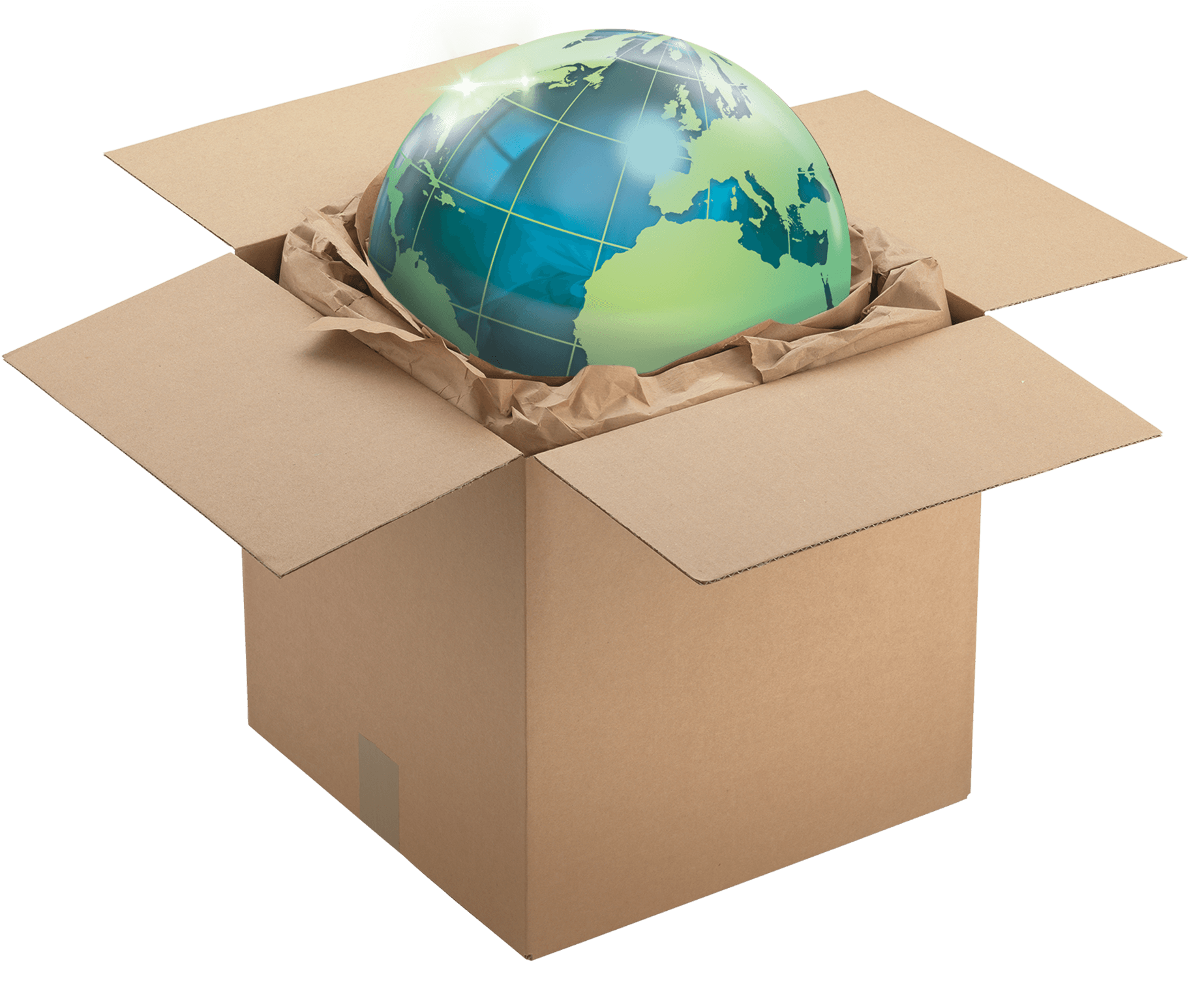Sorting and collecting waste and recycling
Whether in business or at home, RAJA would like to help you sort your waste and recycling
 Open infographic
Open infographic
What is a waste?
According to the Government, “waste” is defined as the material that the producer or holder discards, intends to discard, or is required to discard. In other words, it is the object that is recycled, renewed, sent to landfill or incinerated.1
If waste isn’t treated sufficiently, it will be problematic for the world we live in affecting everything from air, soil to water. Causing problems for the environment now and in the future.
Sources : 1https://www.gov.uk/government/publications/legal-definition-of-waste-guidance/decide-if-a-material-is-waste-or-not
At home or in the workplace, let’s consider the 5-R’s: Reduce, Reuse, Replace, Renew and Recycle
Waste is classified by type, commercial and household waste:
• Household waste is anything that you no longer want at home, this can include furniture, a toothbrush and food to clothes
• Commercial waste is produced from businesses, such as construction, demolition, industry and agriculture, and waste can be anything from flour to bricks
Classifying waste will help you decide how to handle it. If you’re a business it forms part of your ‘duty of care’ so waste contractors know how to manage it correctly. Some public services have the facility to collect both household waste and commercial waste, if not, businesses will need to contact a private waste contractor.
For businesses, the consumer pressures and the corporate social responsibility of these companies; the awareness and need to reduce waste and increase recycling is important for both our society and the environment. This has led to commercials finding better methods of sustainably sourcing materials, manufacturing, disposing and how a consumer can dispose of the end product too. Including, educating how this can be instilled into everyday living for everyone and for all businesses.
Businesses: Why focus on the future of waste?
Waste has a cost. The environmental value is priceless, but businesses have the financial cost and these costs can cover:
• Price of purchasing energy and materials
• Handling, processing and maintenance fees
• Management time, including policies and regulations
To make all trade and commercial business more accountable for their economic waste, The Waste Framework Directive was originally adopted in 1975. Under waste prevention, the “polluter pays” principle legislation ensures the safe disposal of waste and establishes that the company is responsible for the management of its waste until its final disposal or recovery. Reinforced in 1992, companies do not have the right to destroy waste that is still recoverable.2
The amount of waste sent to landfill is decreasing while that of recovered waste such as energy recovery and recycled waste is increasing. Waste is becoming part of the solution and become a valuable resource:
• Biodegradeable waste: paper, food and kitchen waste, and biological waste such as green waste from gardens can be used for composting for the growth of new produce
• Recycled waste: commonly paper/cardboard, metal, plastic, glass, wood including textiles, can be made into new products and reduces the raw and virgin materials used
• Commercial inert waste: construction, rubble and debris can be recycled into aggregate for other construction and building sites, and aggregates can be further recycled as aggregates
• Renewable energy: incinerated waste generates steam that turns waste to energy. The steam turbine generates power; for electricity, to heat buildings and water, and the ash produced can also be used as an aggregate
• Job security: growth of the waste management industry creates employment and provides opportunities for new technologies to be developed
Sources : 2https://assets.publishing.service.gov.uk/government/uploads/system/uploads/attachment_data/file/69590/pb13813-waste-legal-def-guide.pdf
Dispose of business or commercial waste
All businesses have the obligation to dispose of its commercial waste (and via the appropriate channels). To reduce the amount sent to landfill and to encourage all employees to recycle by informing and providing the necessary equipment for them to do so. This includes, recycling signage, clearly marked waste bins and communicating recycling policies and results to the company.
Sorting waste at the source starts the recycling process, it is important that businesses have key performance indicators and business objectives to measure usage and how it can be improved. This includes an environmental policy that details the businesses operations and how the company will aim to reduce its usage.
Recycling at work
All businesses have a legal obligation to recover waste. If you want to know more about disposing of commercial and business waste, here are some useful links:
If general waste collections are not available in your area of business, visit Recycle Now for help on the questions to ask private waste contractors when enquiring.
For more information on sorting and storing business or commercial waste, visit GOV.UK.




